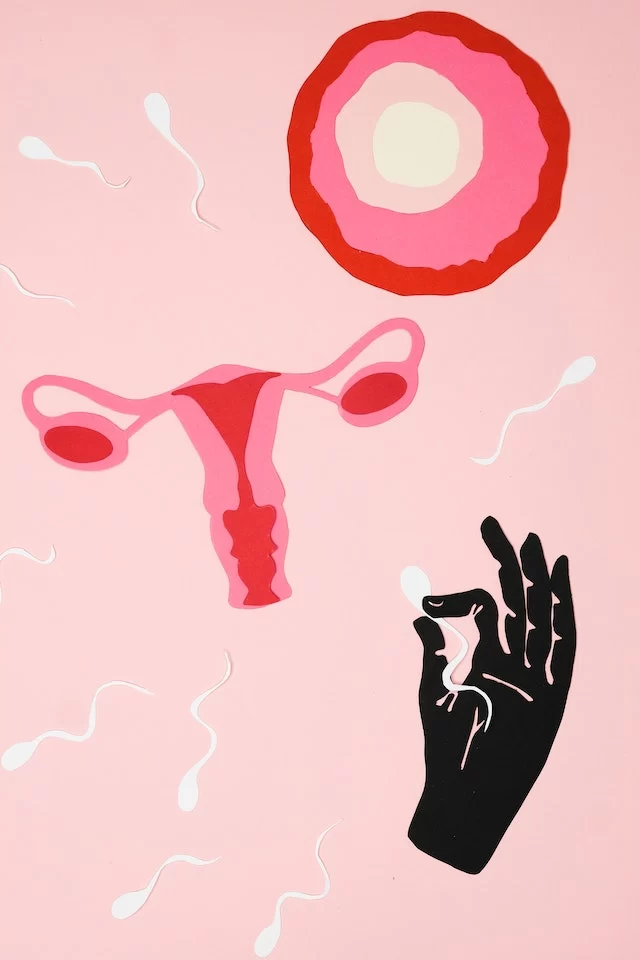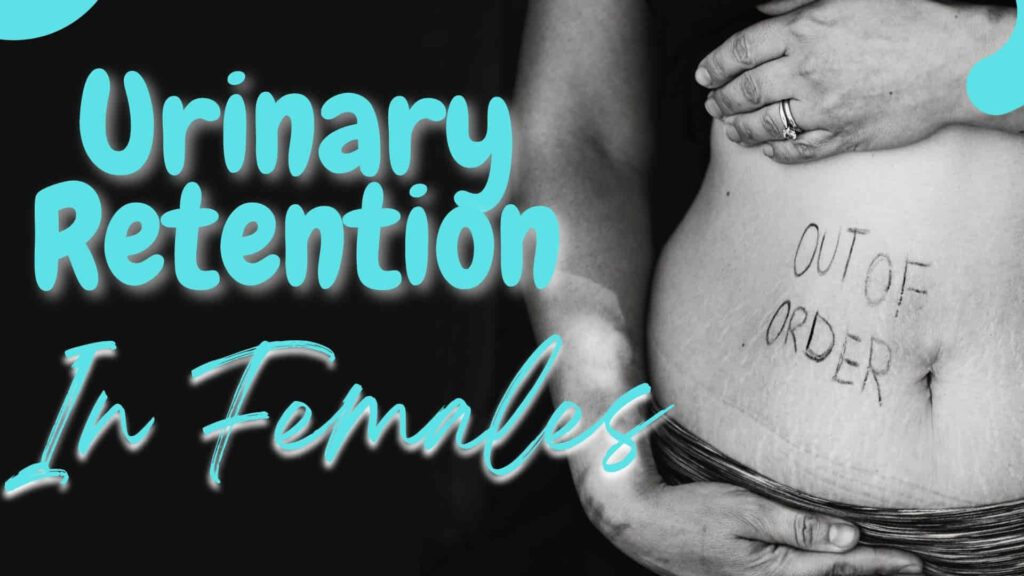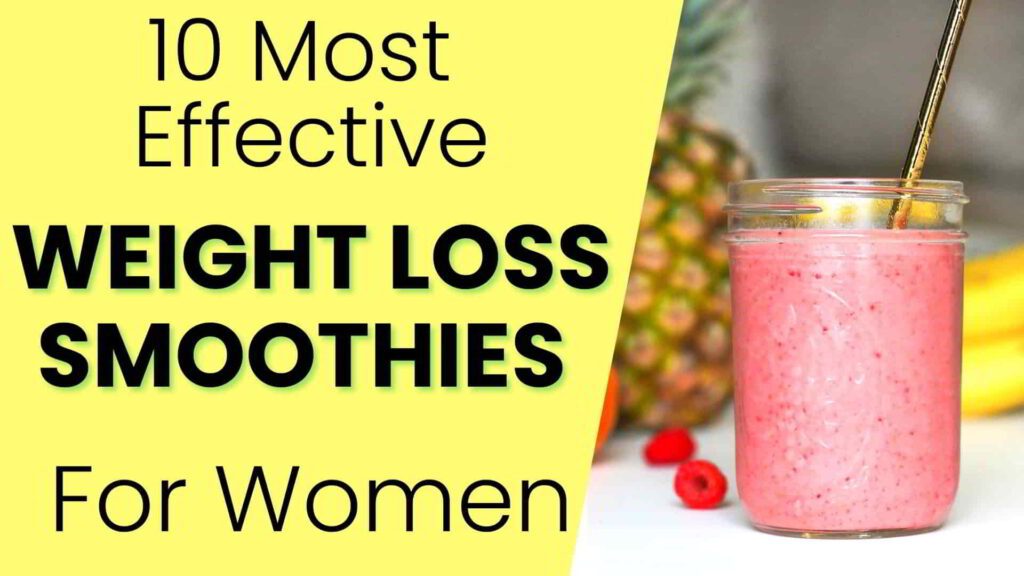Table of Contents
Introduction.
Numerous variables influence pregnancy rates, but few are as crucial to consider as the mother’s age. Your age can affect your natural fertility and the success of an in vitro fertilization (IVF) cycle.
Why Age Matters in IVF.
High-quality eggs are necessary for IVF to be successful. The quality of a woman’s eggs tends to decline with age. As women age, this is one of the main factors influencing fertility and pregnancy loss rates.
Pregnancy is far more likely to occur in a young woman because she is more likely to be in the prime of her reproductive health through spontaneous conception or assisted reproductive technology. A consultation at the reproductive Centres is crucial to discuss IVF therapy’s dangers, advantages, and realities.
IVF Success Rates Across Ages.
If you plan to have your first IVF round, you might be interested to know the success rates for ladies following their first IVF cycle. Some women must undergo many IVF cycles, lowering the data’s total success percentages.
Here are the national statistics that the CDC provided for new IVF patients beginning their first cycle if you want to get an idea of how your first cycle would go, even though you could need to complete numerous rounds.
According to their research, women who began IVF before 30 had a 43% probability of becoming pregnant after one cycle, a 59% chance after two rounds, and a 66% chance after three cycles. In other words, 66% of women under 30 who had three or fewer IVF rounds gave birth to a child.
For women under 30, the success rate of their first IVF cycle was 43%; their second cycle increased their chance of conception by an additional 16 percentage points, and a third cycle increased their overall chance of success by an extra seven percentage points.
35-year-old women who began IVF had 40% after one cycle, 54% after two rounds, and 61% after three rounds of treatment. A 13% likelihood of a baby after one round, a 21% chance after two rounds, and a 25% chance after three rounds were the outcomes at 40.
This demonstrates that different rounds of IVF have different success rates. Although overall chances of conception rise when both rounds are considered together if it fails in the first round, it is less likely to succeed in the second.
Therefore while having a child is the ultimate aim for everyone starting IVF, ideally on the first try, this research gives patients a realistic expectation of what is achievable and how long it might take.
Planning is made easier when you know that most people require more than one stimulated cycle to have a decent probability of success and that IVF births become less frequent as you age.
This is crucial since IVF requires expensive laboratory work, surgical egg removal, and daily hormone injections for two weeks to create more eggs than normal.
One round can take up to 40 days or more to complete and be physically taxing. A new IVF cycle shouldn’t be started for two months in a row without a menstrual cycle. Therefore 4-6 weeks should be allowed as a buffer.
How to Increase Your Chances of IVF Success.
Here are some suggestions from fertility specialists if you want to improve your chances of getting pregnant through IVF.
Become Less Stressed.
Baseline stress levels may affect the rates of naturally occurring and aided conception. It might be challenging for couples to control their stress during an IVF stimulation session.
Acupuncture and other stress-relieving practices, such as enrolling in mind-body programs, stress reduction, and resilience training courses, can improve pregnancy outcomes, according to multiple publications.
Consider Consuming Vitamins.
Supplements like DHEA and CoQ10 have shown some potential for an increase in egg yield and quality. Additionally, you should consult your physician to check if they endorse them for you. Multivitamins could be beneficial as well.
Conclusion.
There are many factors for couples to think about when they might want to start a family. Still, younger women are more likely to get pregnant naturally and through IVF than older women. Additionally, it’s critical to confirm the viability of the implanted embryo: Make sure the lab you visit does in-depth evaluations of embryonic genetic testing.
References.
Abuzeid MI, Bolonduro O, La Chance J, et al. Cumulative live birth rate and assisted reproduction: impact of female age and transfer day. Facts Views Vis Obgyn 2014;6:145-9.pmid:25374657.
https://www.parents.com/getting-pregnant/infertility/treatments/ivf-success-rates-and-how-to-boost-your-chances-of-conceiving/



